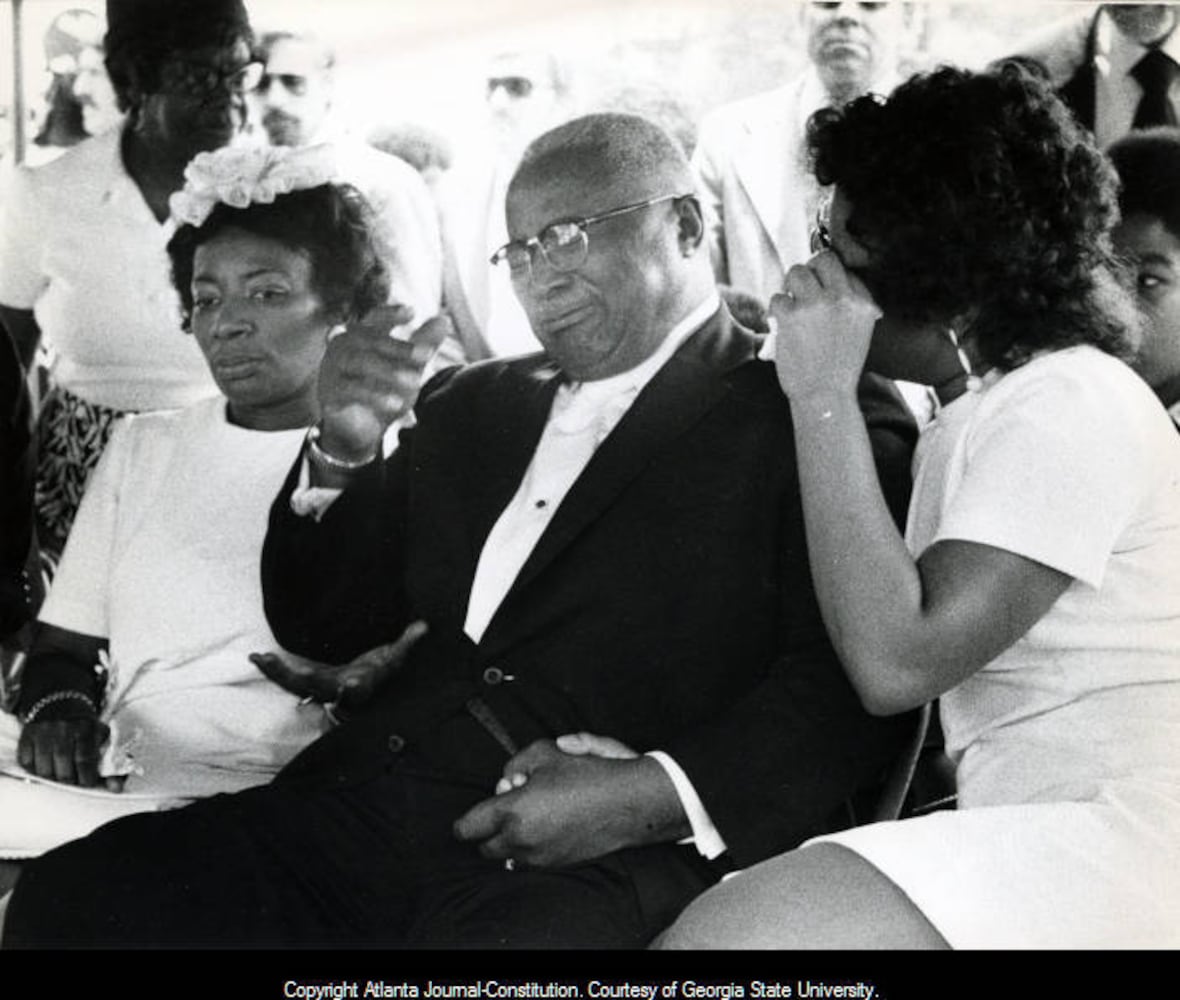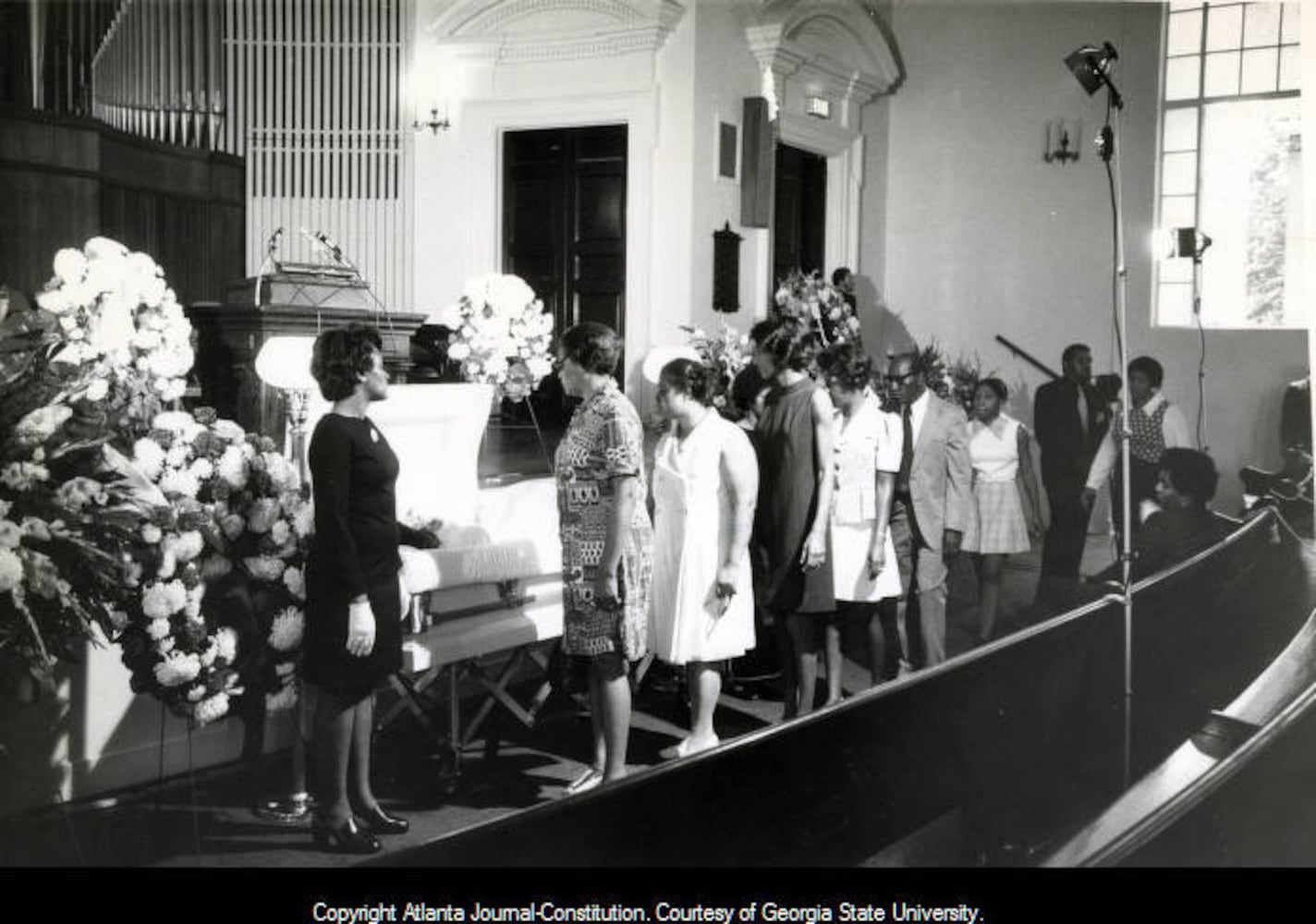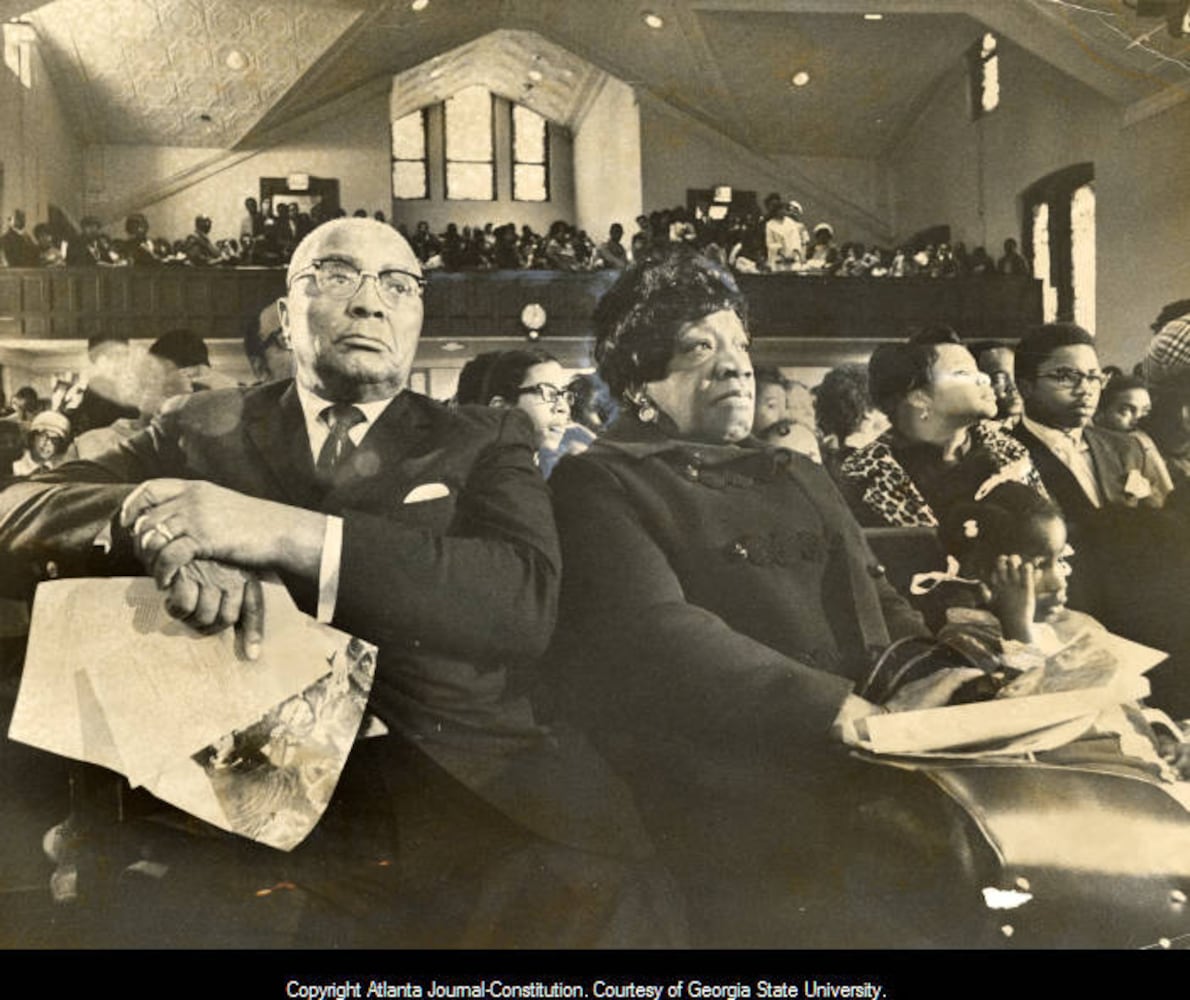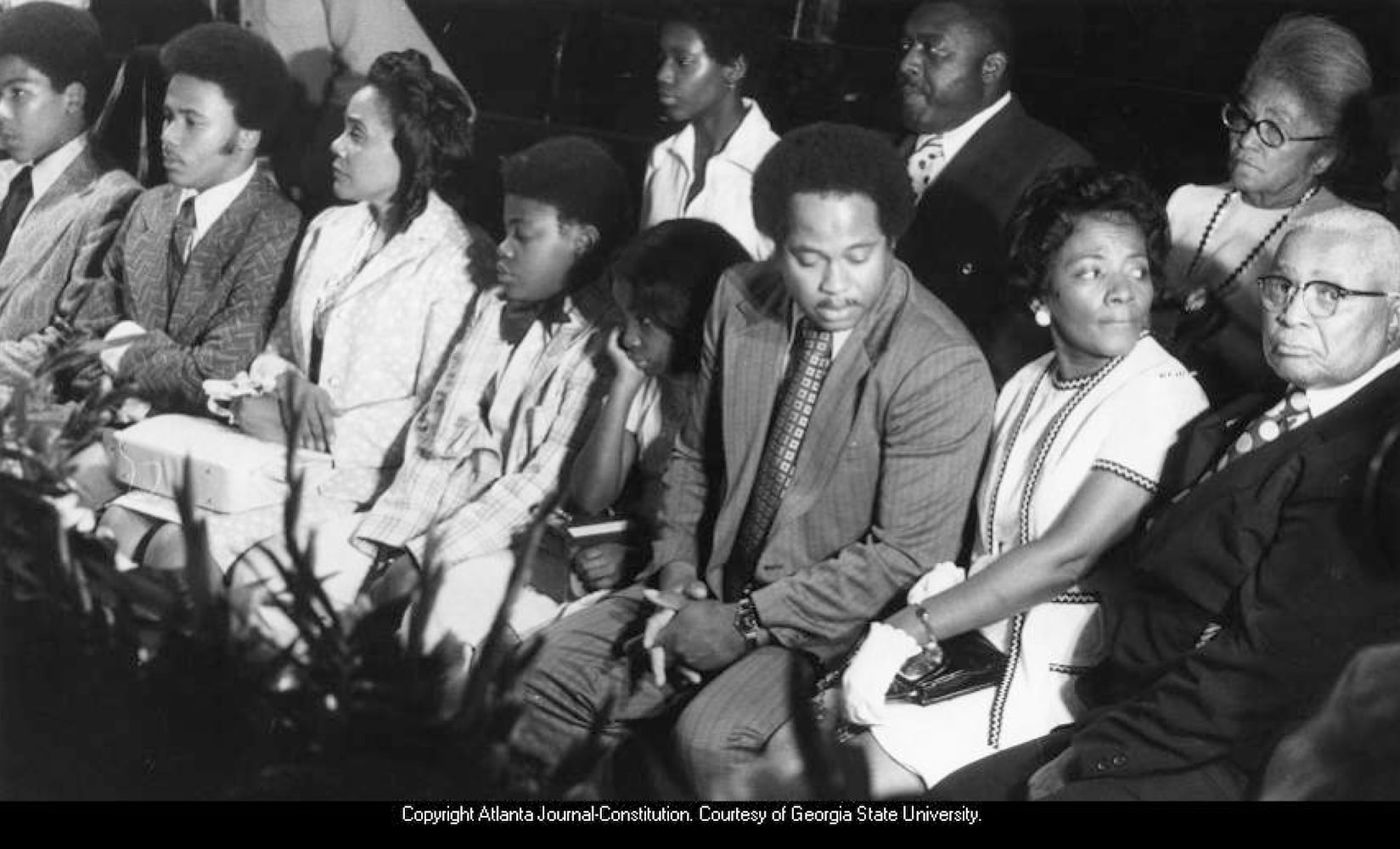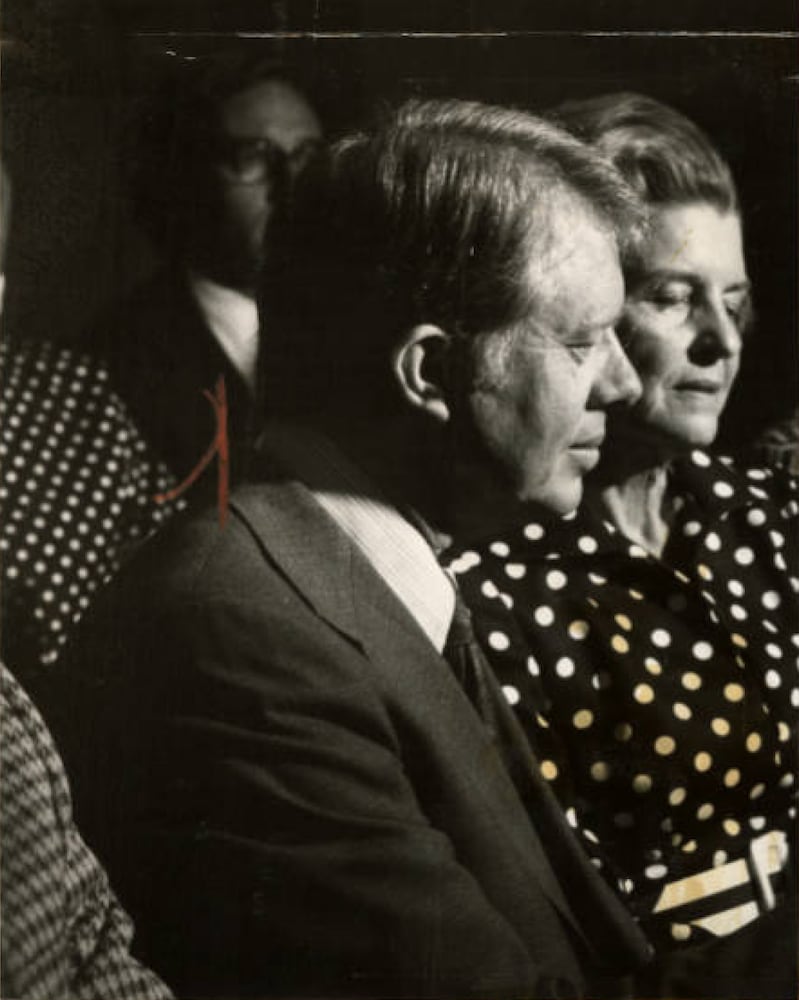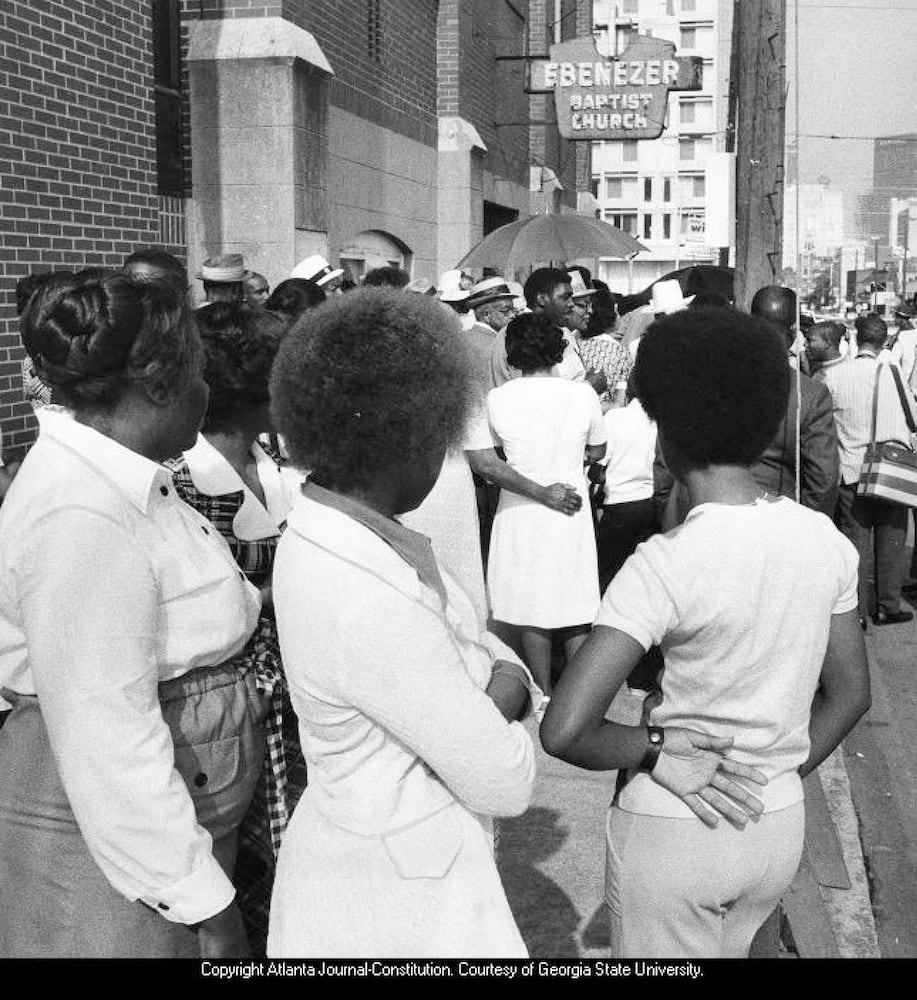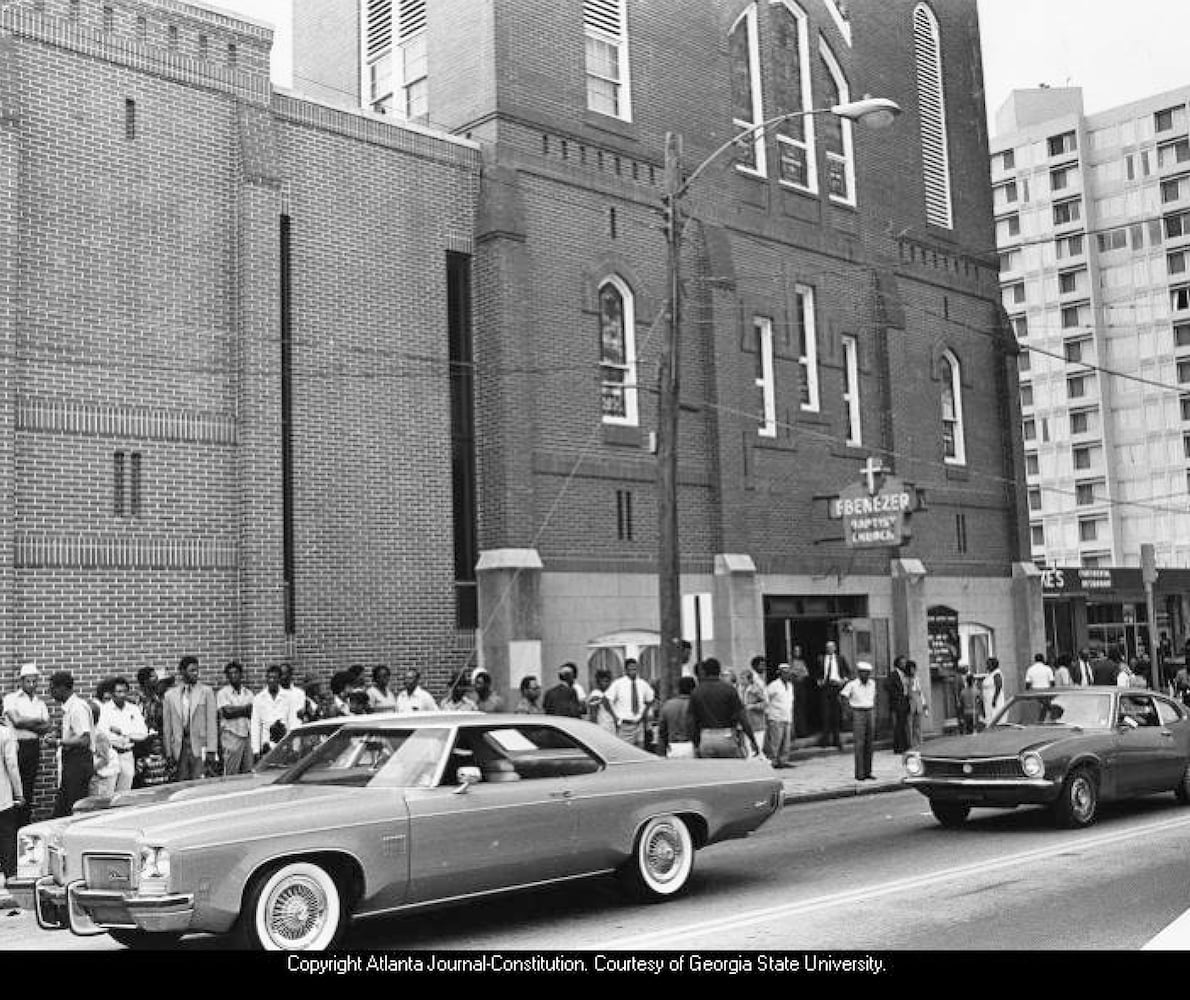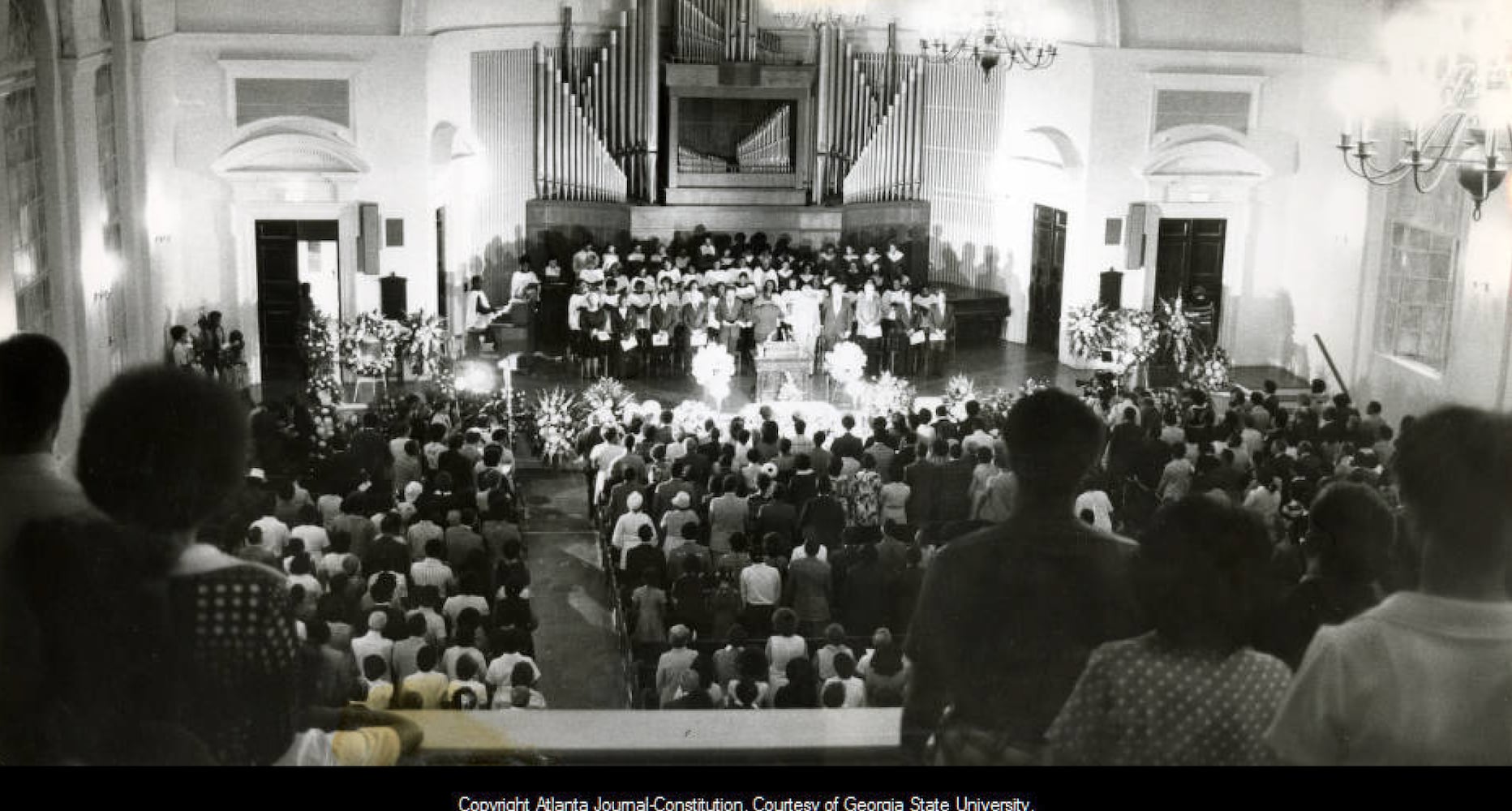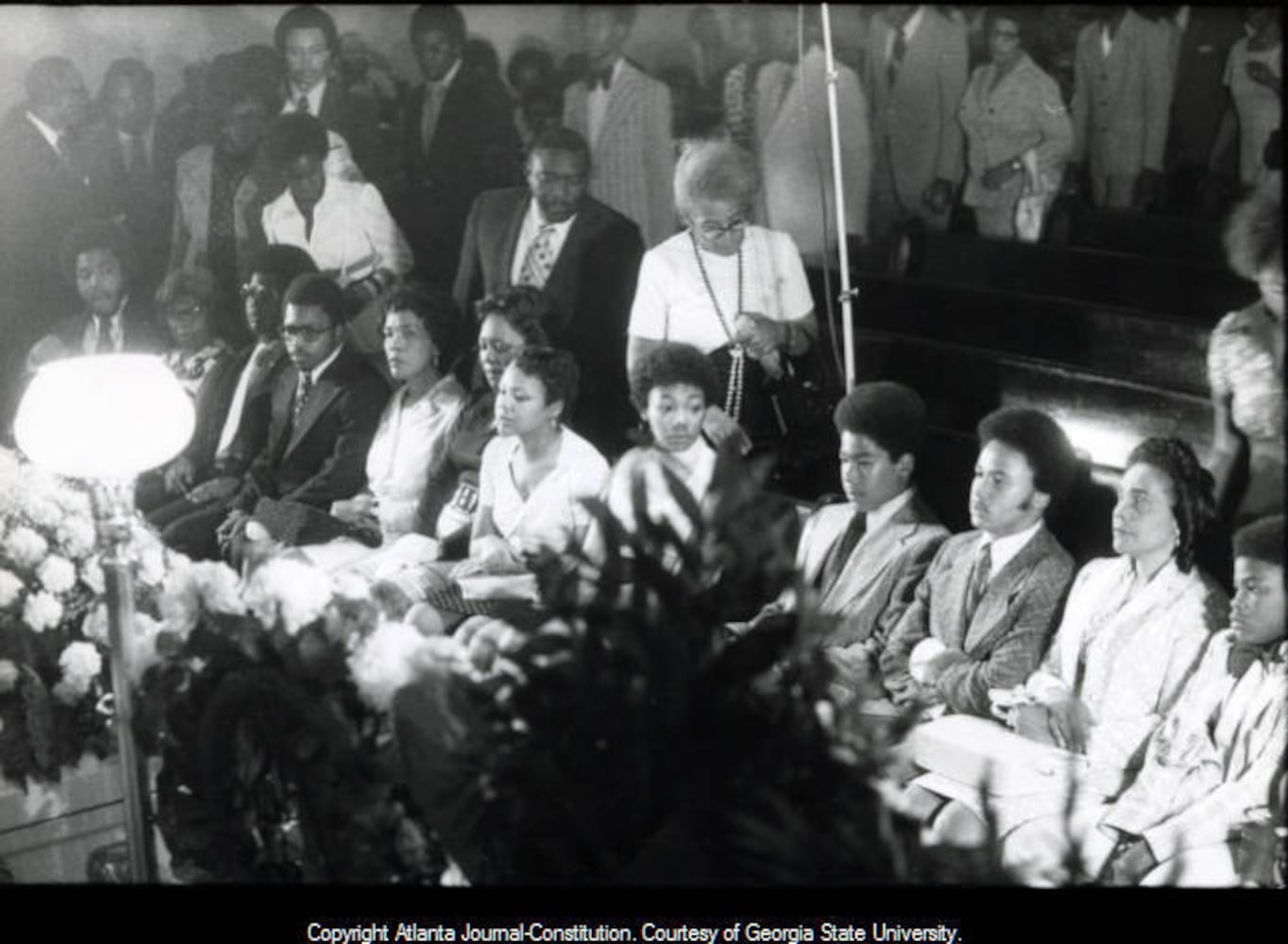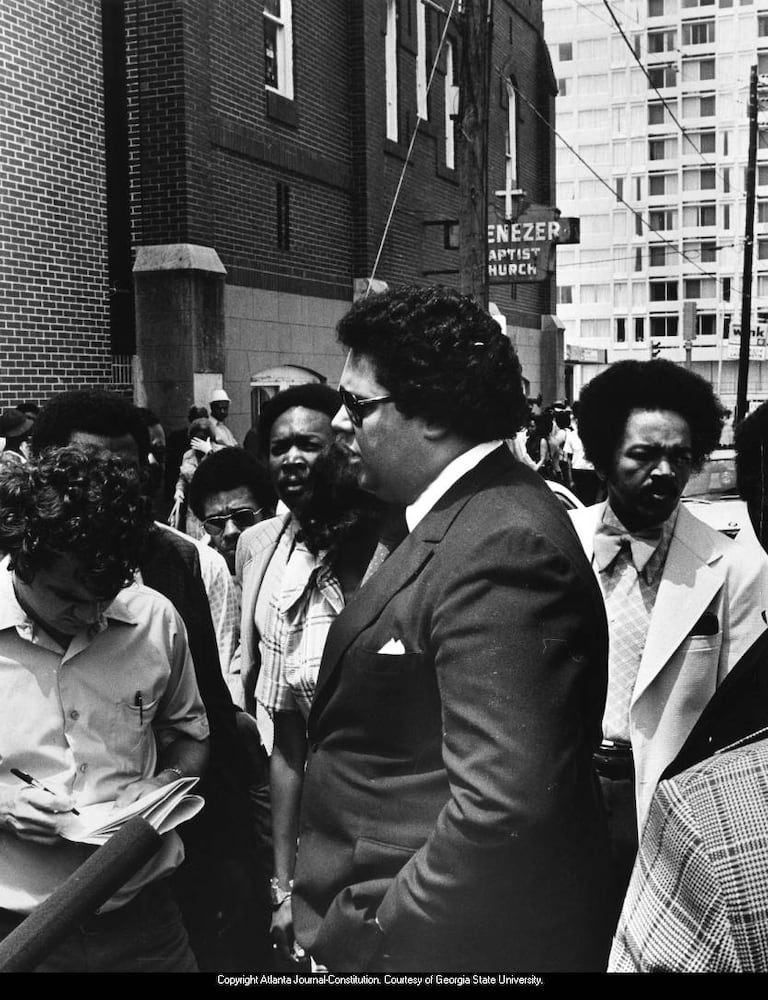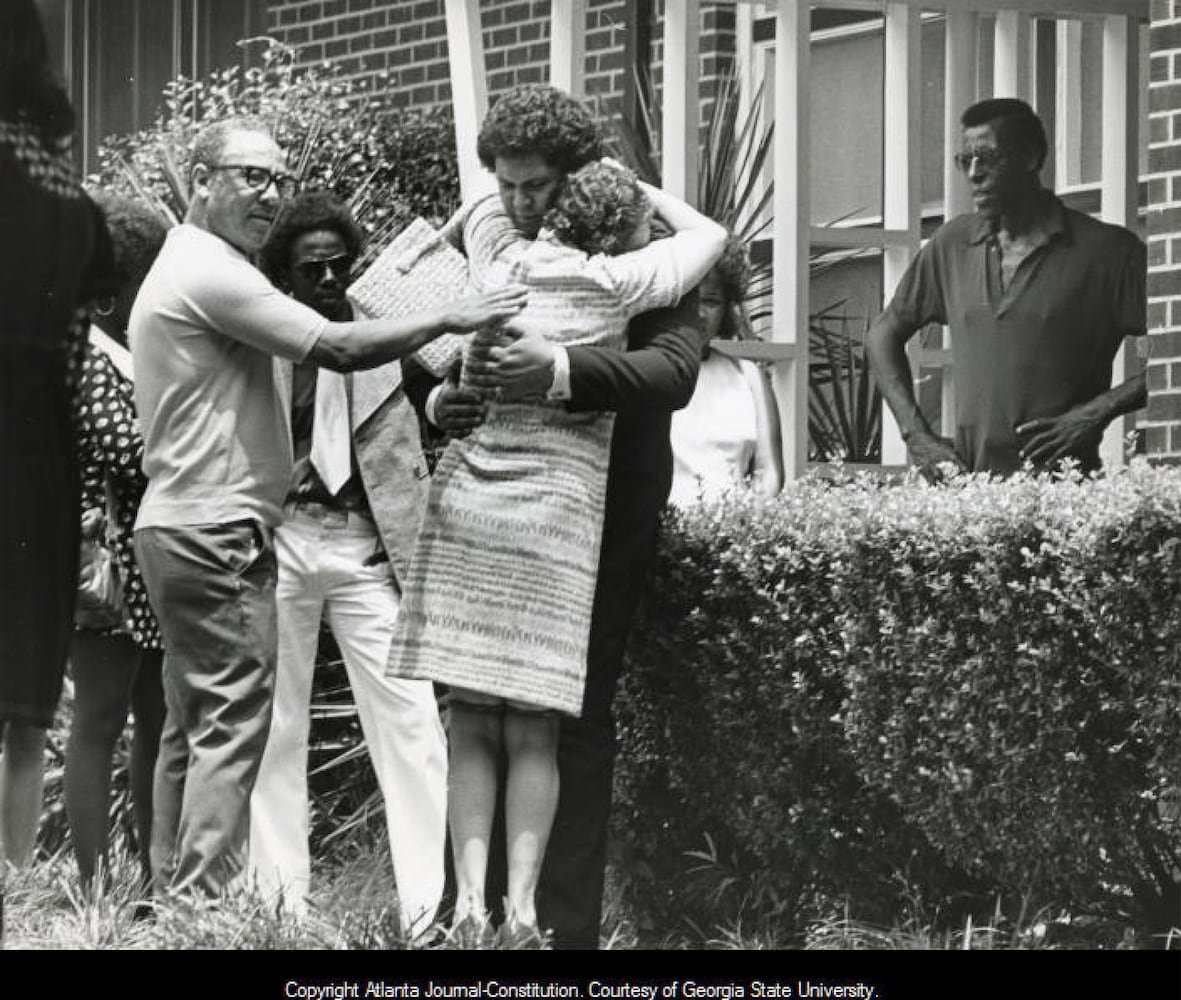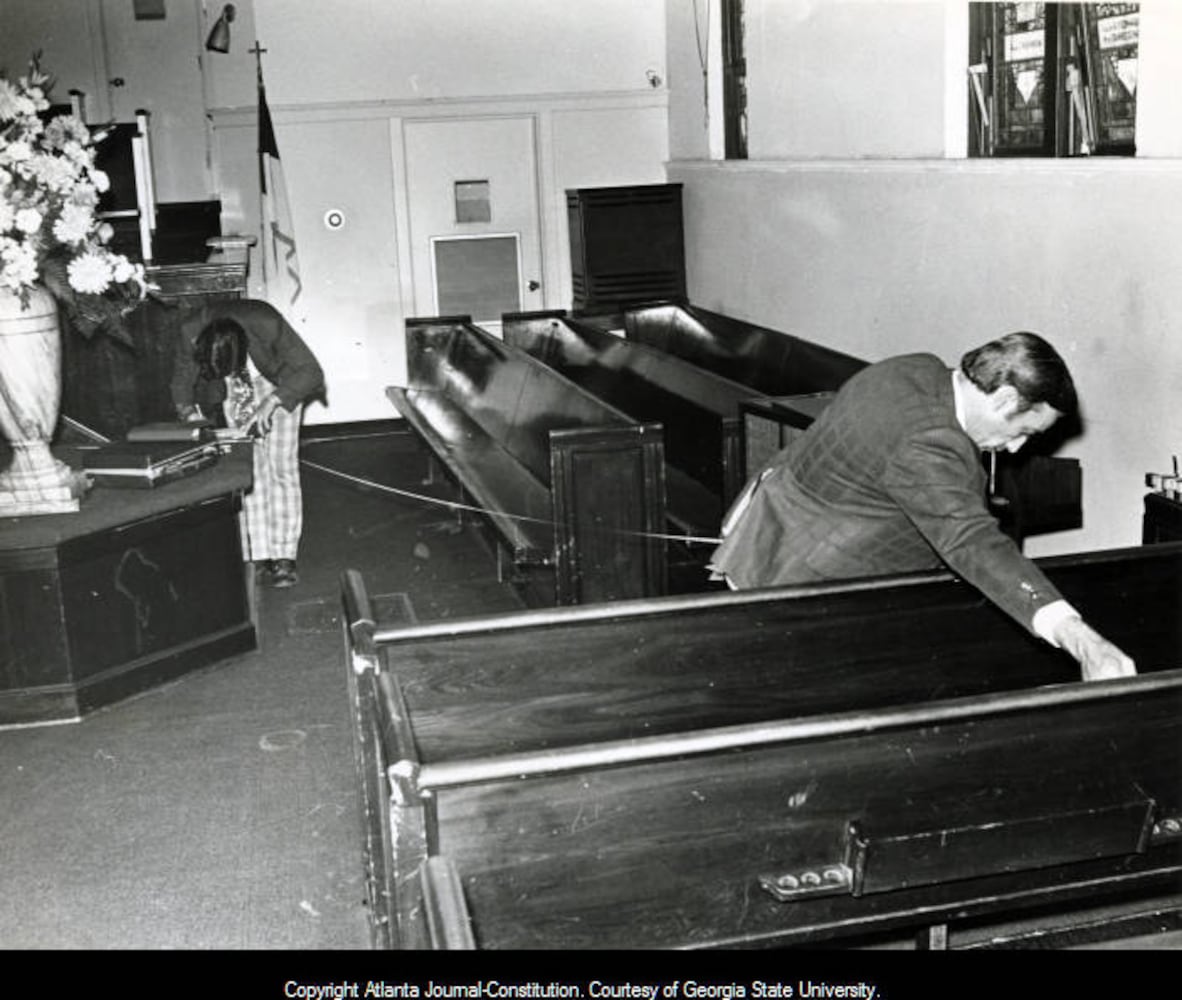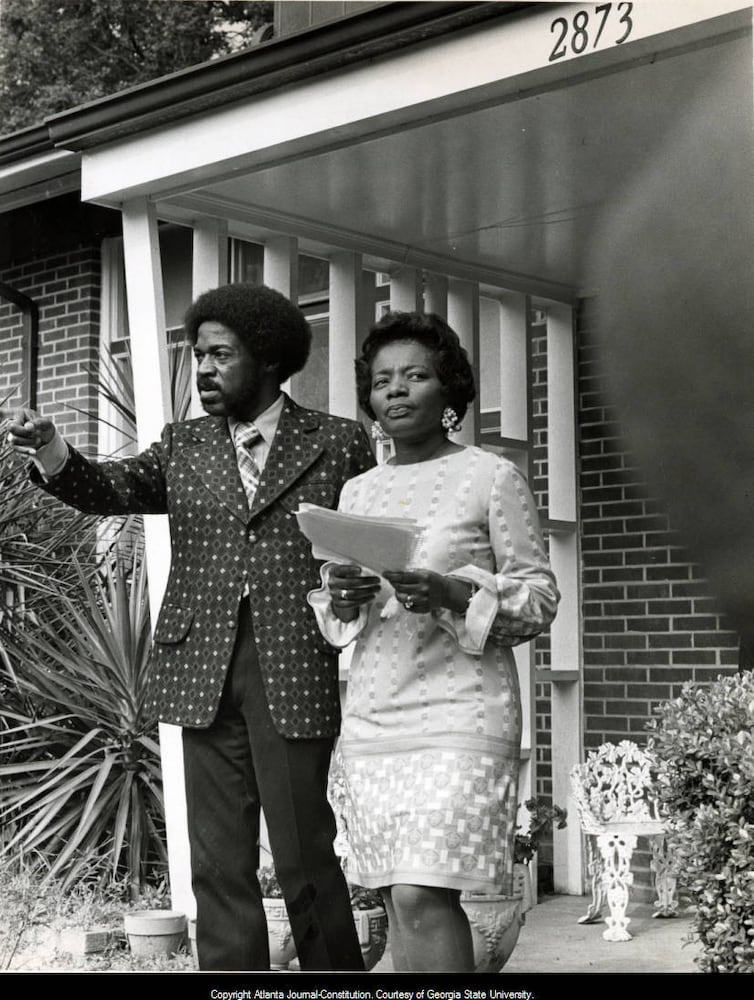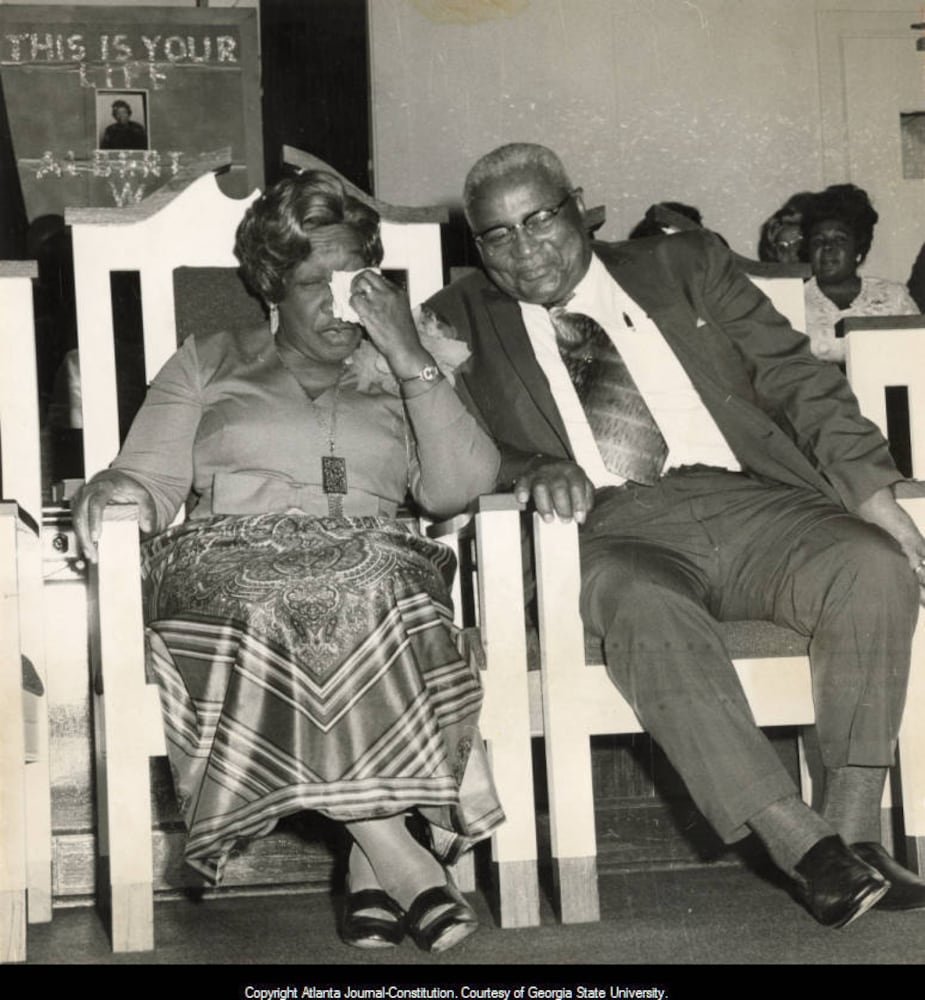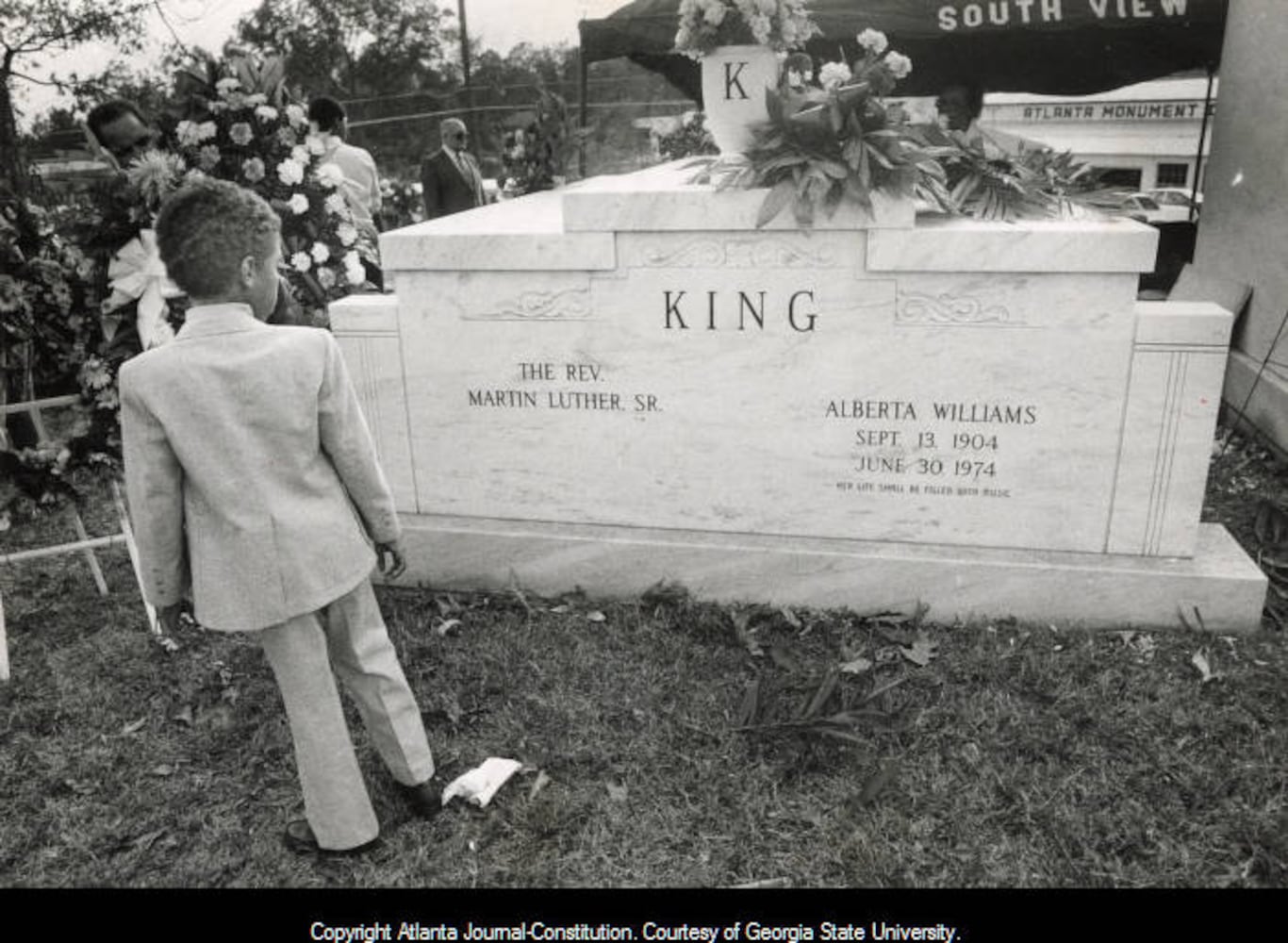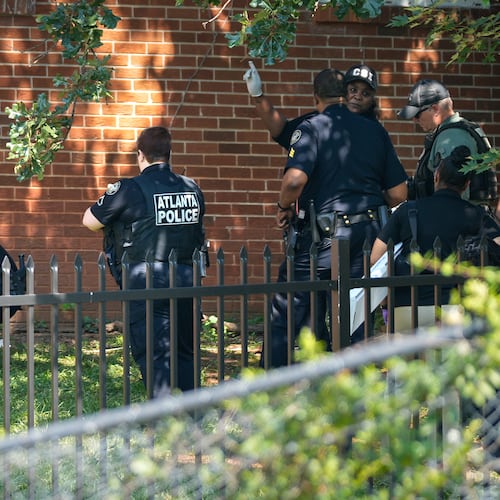Credit: AJC Print Archives
Credit: AJC Print Archives
As the last notes of “The Lord’s Prayer” rang from the Ebenezer Baptist Church organ, congregants bowed their heads in quiet reflection. Then a man shouting “I’m going to kill everyone in here” started shooting.
When Marcus Wayne Chenault’s rampage ended, the organist, Alberta King, mother of slain civil rights leader Martin Luther King, Jr., and church deacon Edward Boykin, both 69, were fatally wounded. Another member of the congregation was seriously wounded.
King’s June 30, 1974, murder remains one of the most shocking homicides in Atlanta history, and it happened during the late 1960s-early ‘70s period when the city was dubbed “the murder capital of America.”
Credit: Dwight Ross Jr. / AJC File
Credit: Dwight Ross Jr. / AJC File
>> MORE DEJA NEWS: Check out what we’ve covered before (and again)
The year 2021 was Atlanta’s deadliest in decades with 161 homicides, giving the city a homicide rate of 32.43 per 100,000 population. In 2024, Atlanta has logged 54 homicides as of the week ending June 15.
But longtime residents can recall even darker days.
Two months after King’s murder, the FBI issued its annual “Crime in the United States” report. Beneath the stark headline “Metro Atlanta still U.S. murder capital,” Washington correspondent Maurice Fliess shared a sobering statistic: the city recorded 263 homicides in 1973.
“The city’s murder rate of 52.7 per 100,000 was the highest for any big American city (as it has been for six of the last seven years),” Fliess reported in the Sept. 6 Journal.
“A total of 368 murders (were) reported for the year in the 15-county metropolitan area of an estimated 1,686,000 persons,” the article continued. “That gave the Atlanta area a murder rate of 21.8 per 100,000 residents — highest of all the 221 areas (of one million or more population) participating in the FBI’s uniform crime reporting program.”
In 1974, Atlanta’s population was 435,840 versus a population of 496,461 for 2021.
Credit: AJC Photo Archives
Credit: AJC Photo Archives
For readers keeping up with the Chenault case at the time, the FBI statistics likely weren’t surprising. Atlanta logged 126 homicides in the first six months of 1974, the church killings among them.
Justice arrived swiftly. Charged with two counts of murder and one count of aggravated assault, Chenault was put on trial 10 weeks after the shootings. On Sept. 12, he was found guilty on all counts. During the sentencing phase of the trial, Fulton District Attorney Lewis Slaton issued a blunt challenge to the jury charged with deciding whether Chenault would receive life in prison or the death penalty.
“Send out the word. This defendant cannot assassinate innocent people (in Atlanta),” Slaton told the panel as he ended his argument for death. Jurors agreed, sentencing Chenault to be executed Nov. 8, 1974.
Chenault never made it to the electric chair. After nearly 21 years on Death Row, he was resentenced to life in prison without parole in July 1995. A few weeks later, he suffered a massive stroke and died Aug. 22, at age 44.
ABOUT DEJA NEWS
In this series, we scour the AJC archives for the most interesting news from days gone by, show you the original front page and update the story.
If you have a story you’d like researched and featured in AJC Deja News, send an email with as much information as you know. Email: malbright@ajc.com. Use the subject line “AJC Deja News.”
About the Author
Keep Reading
The Latest
Featured
